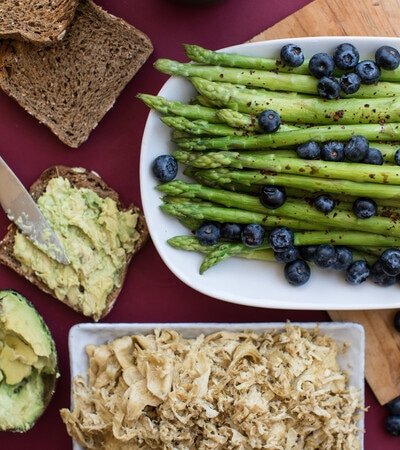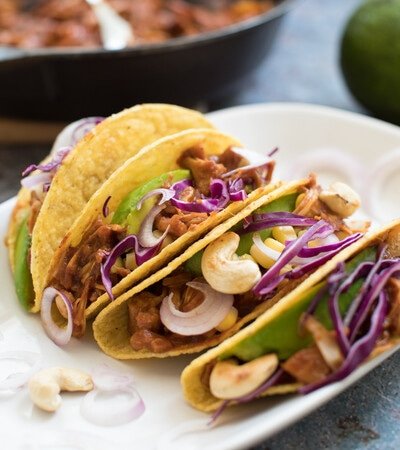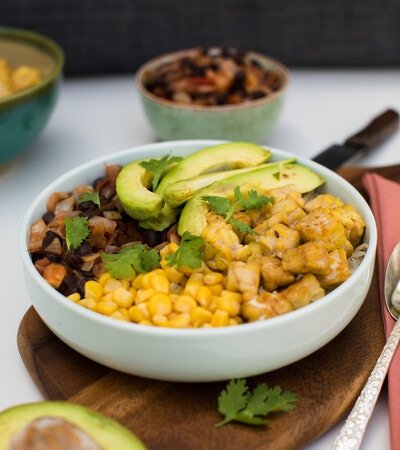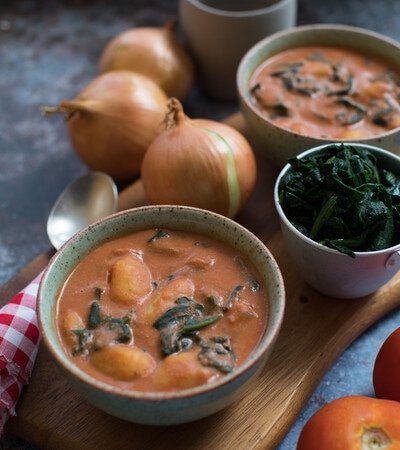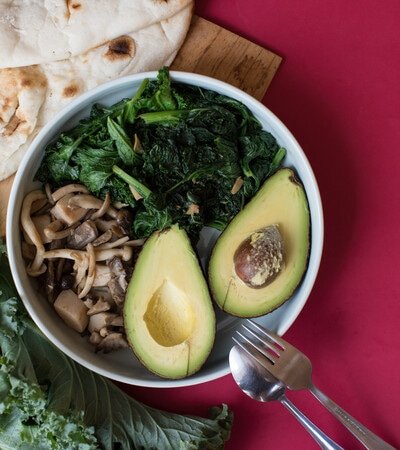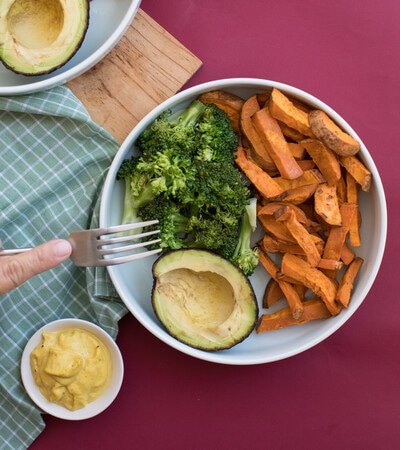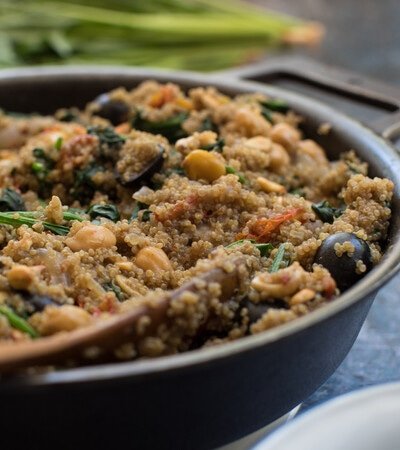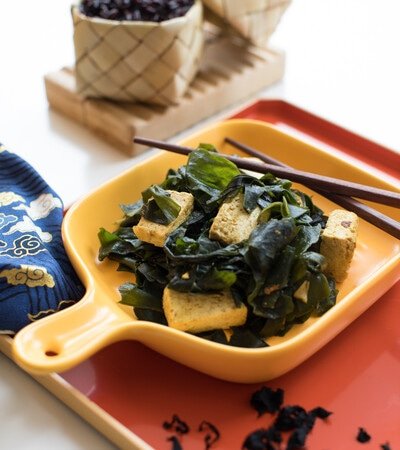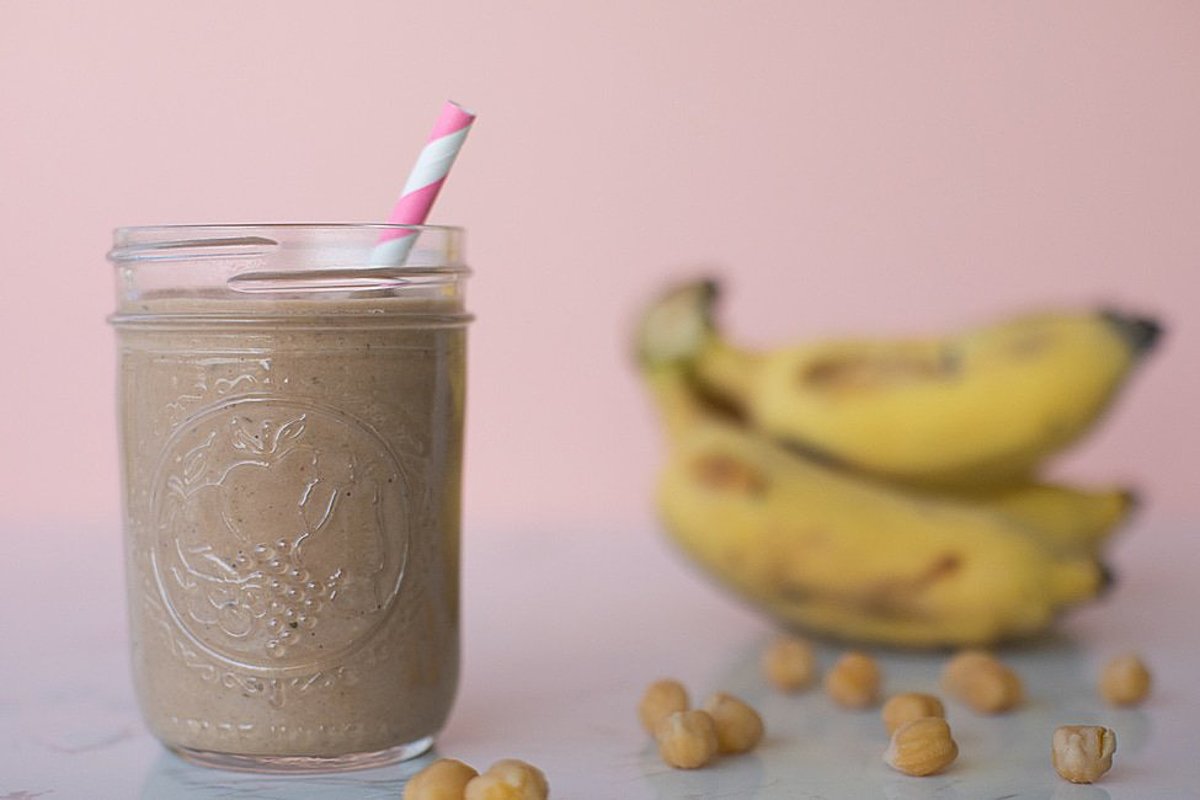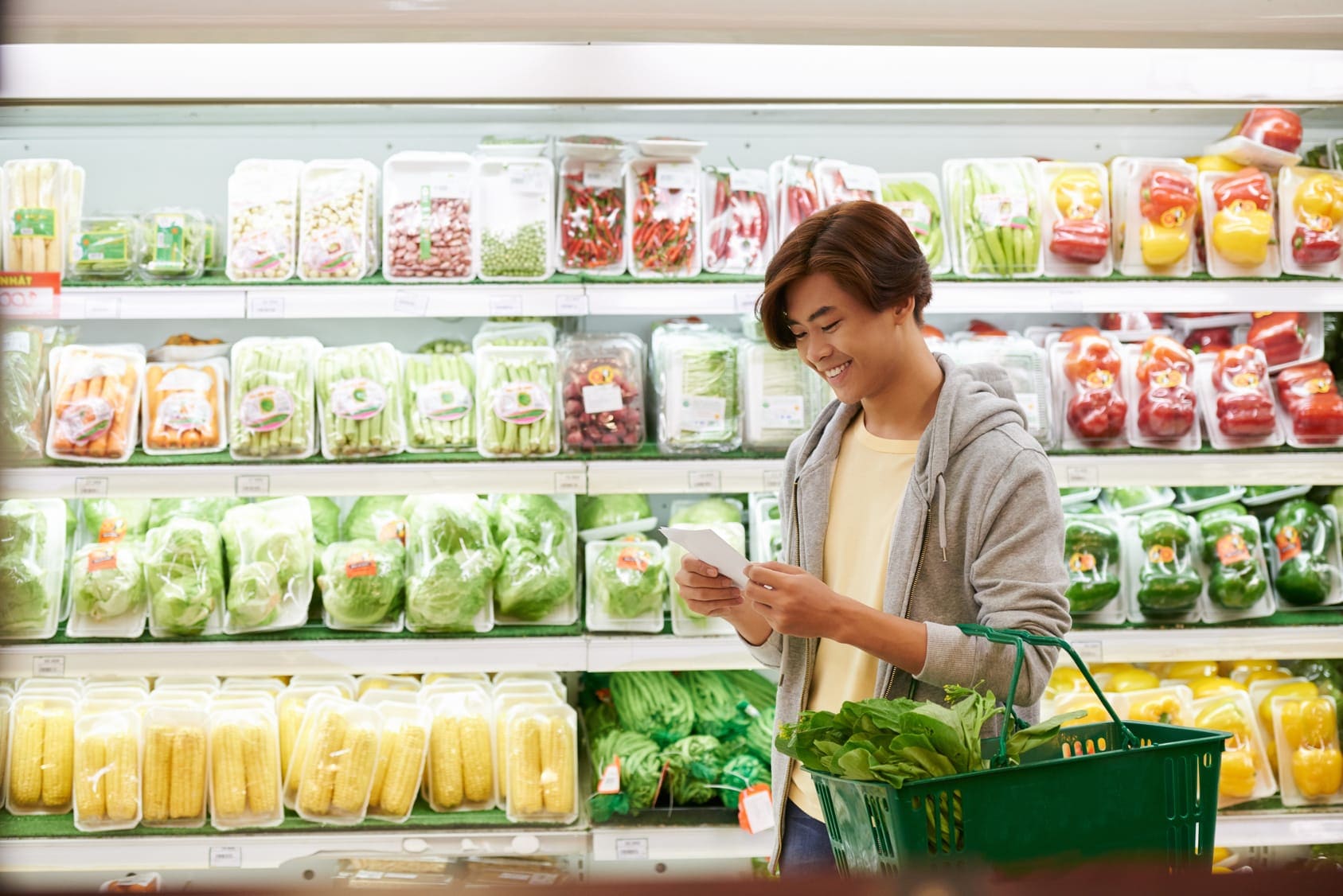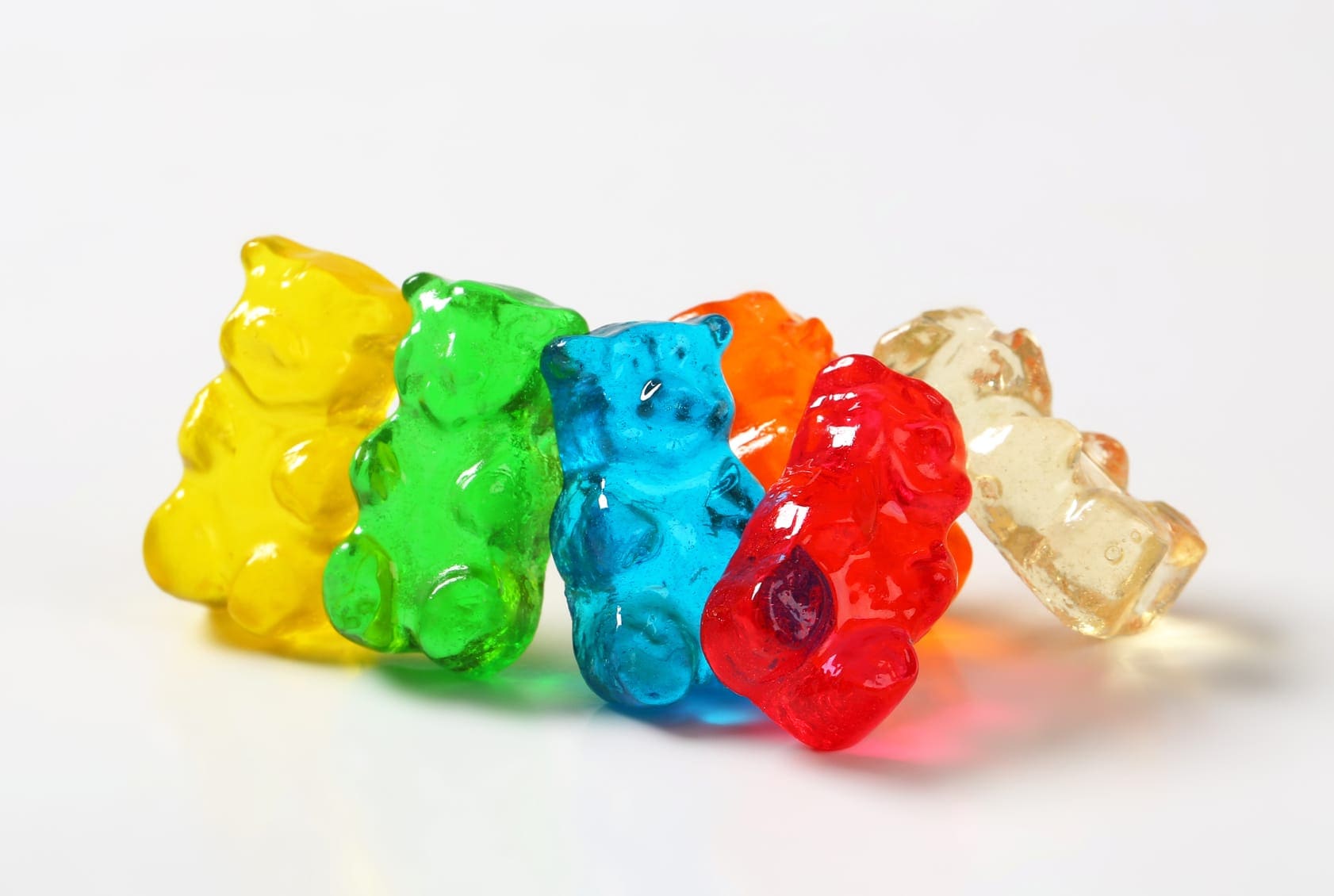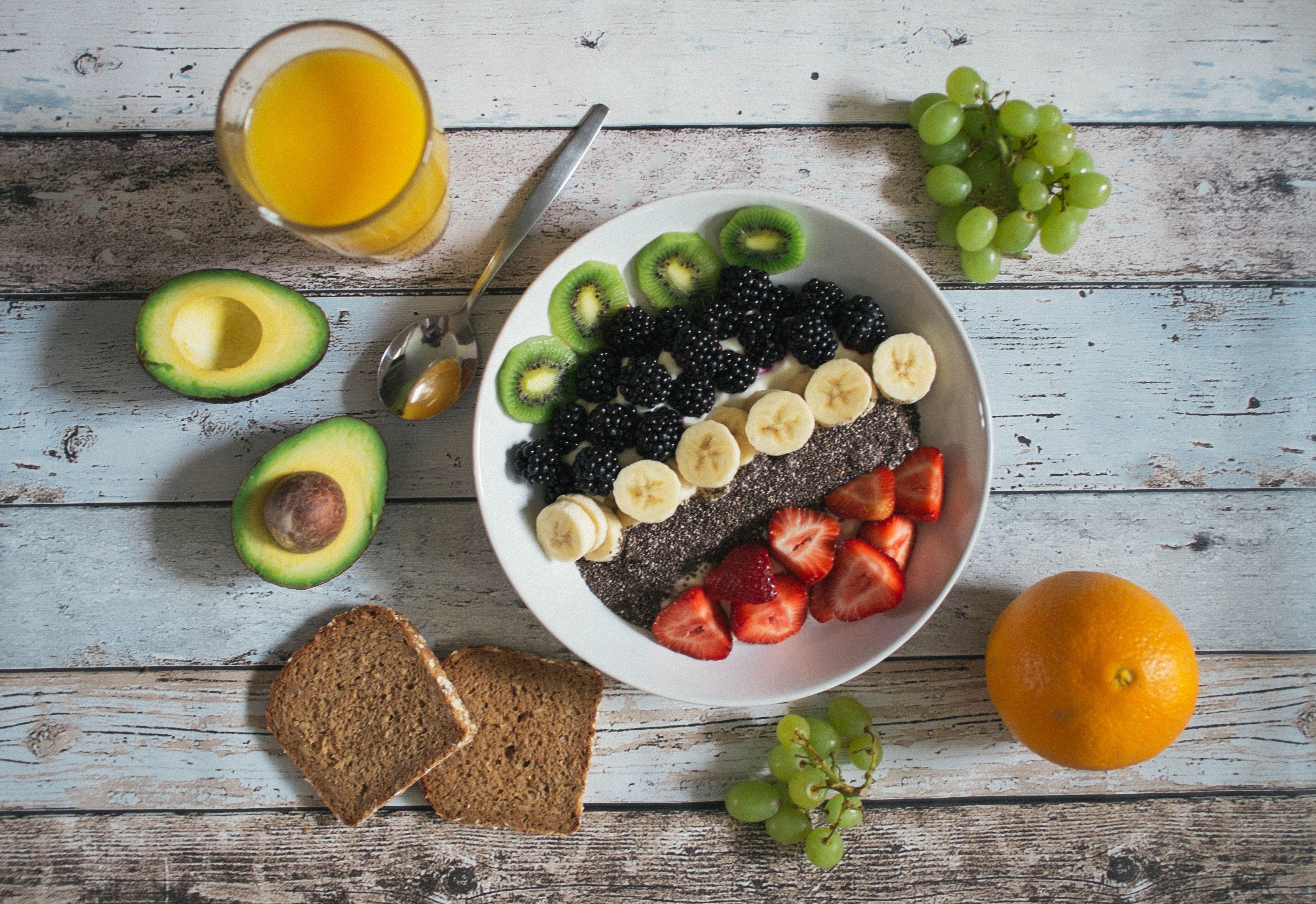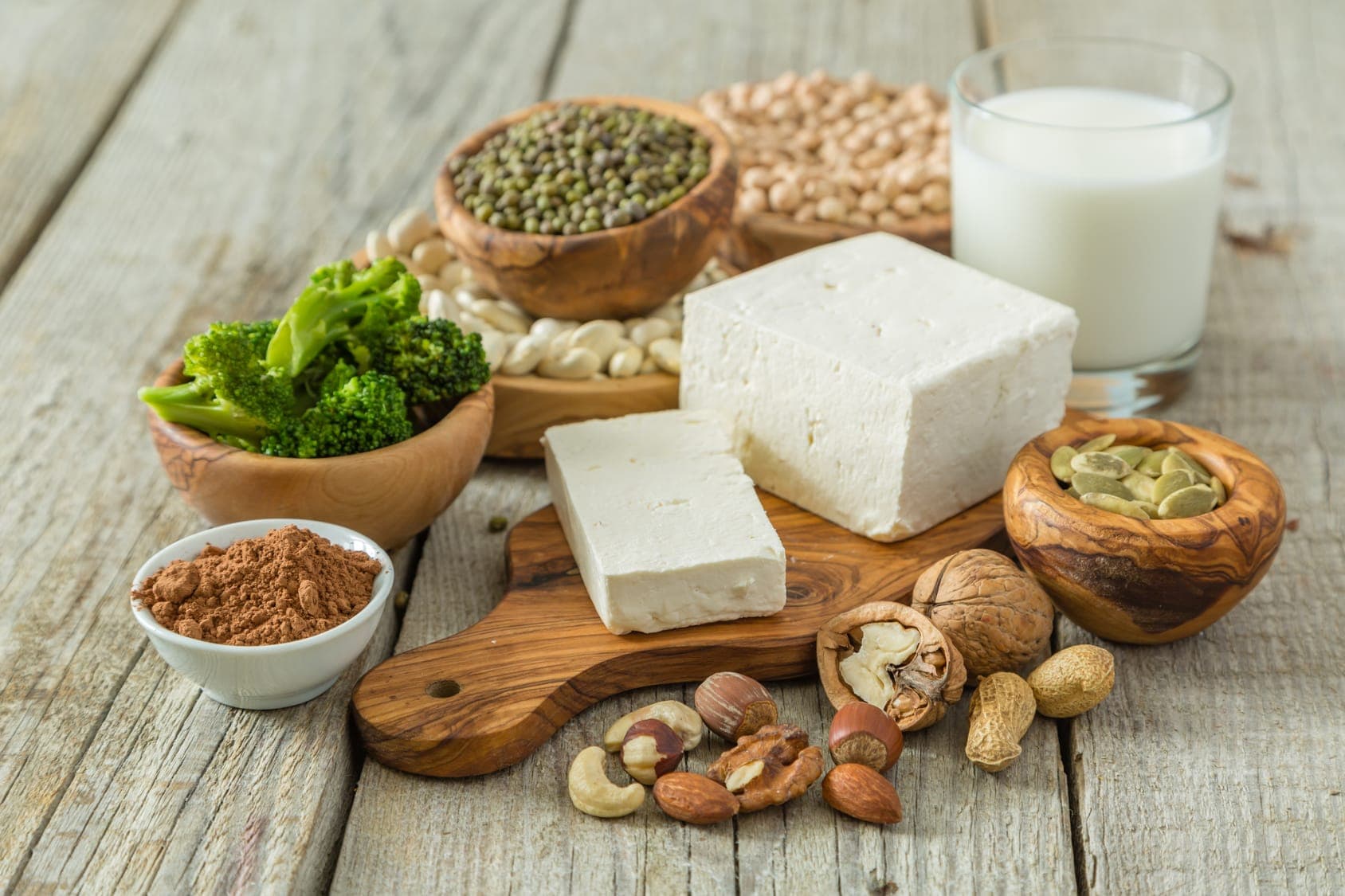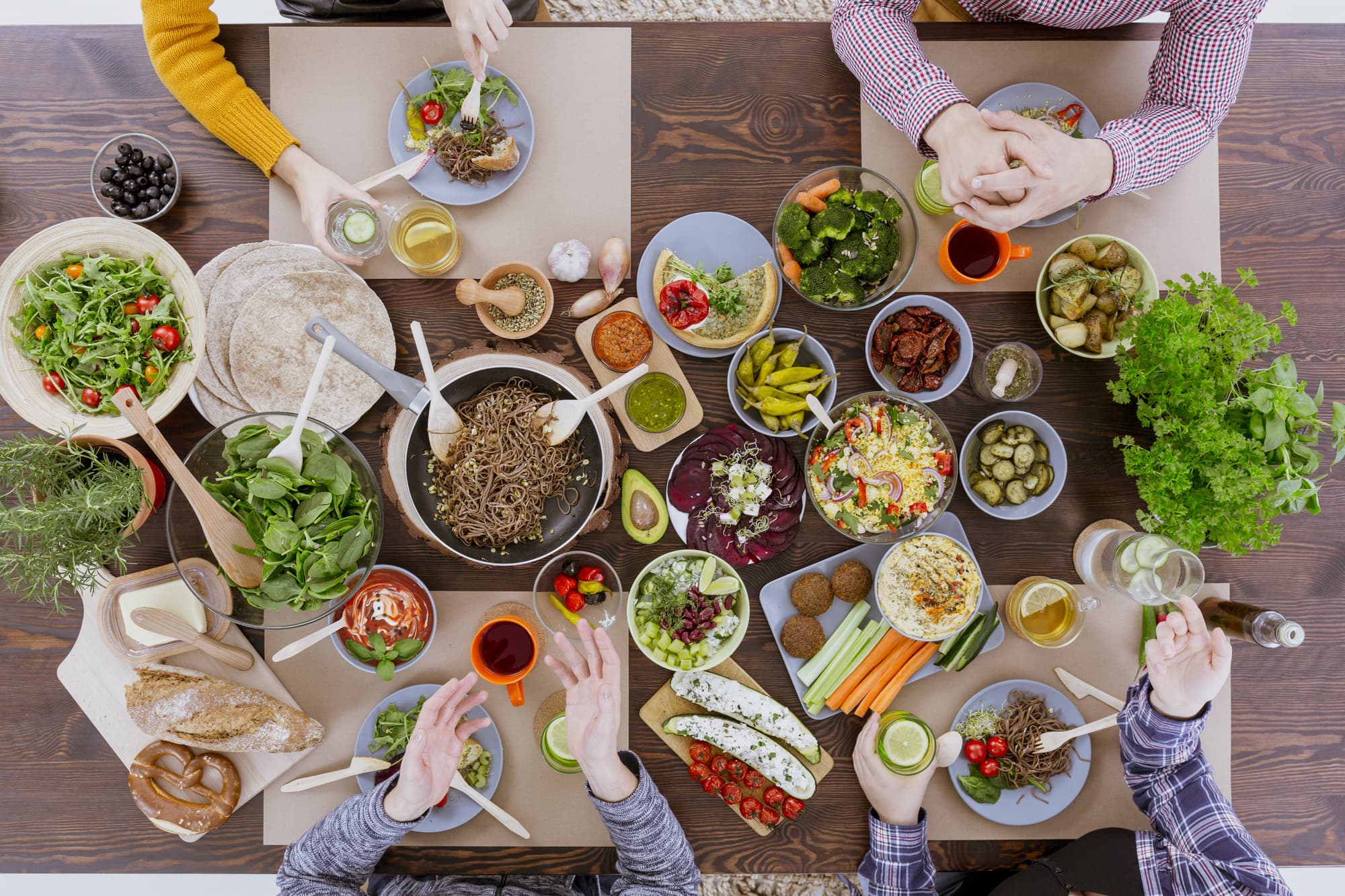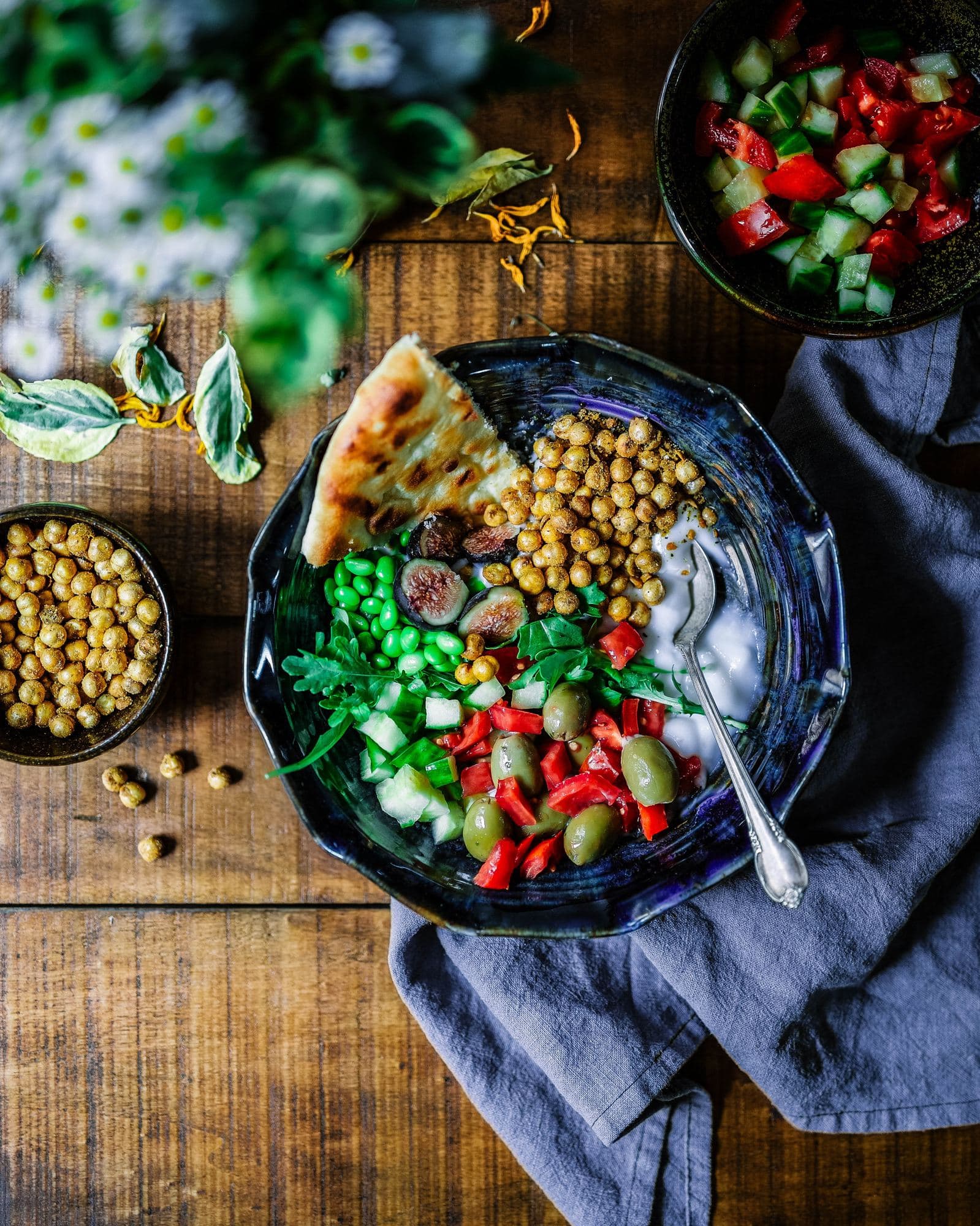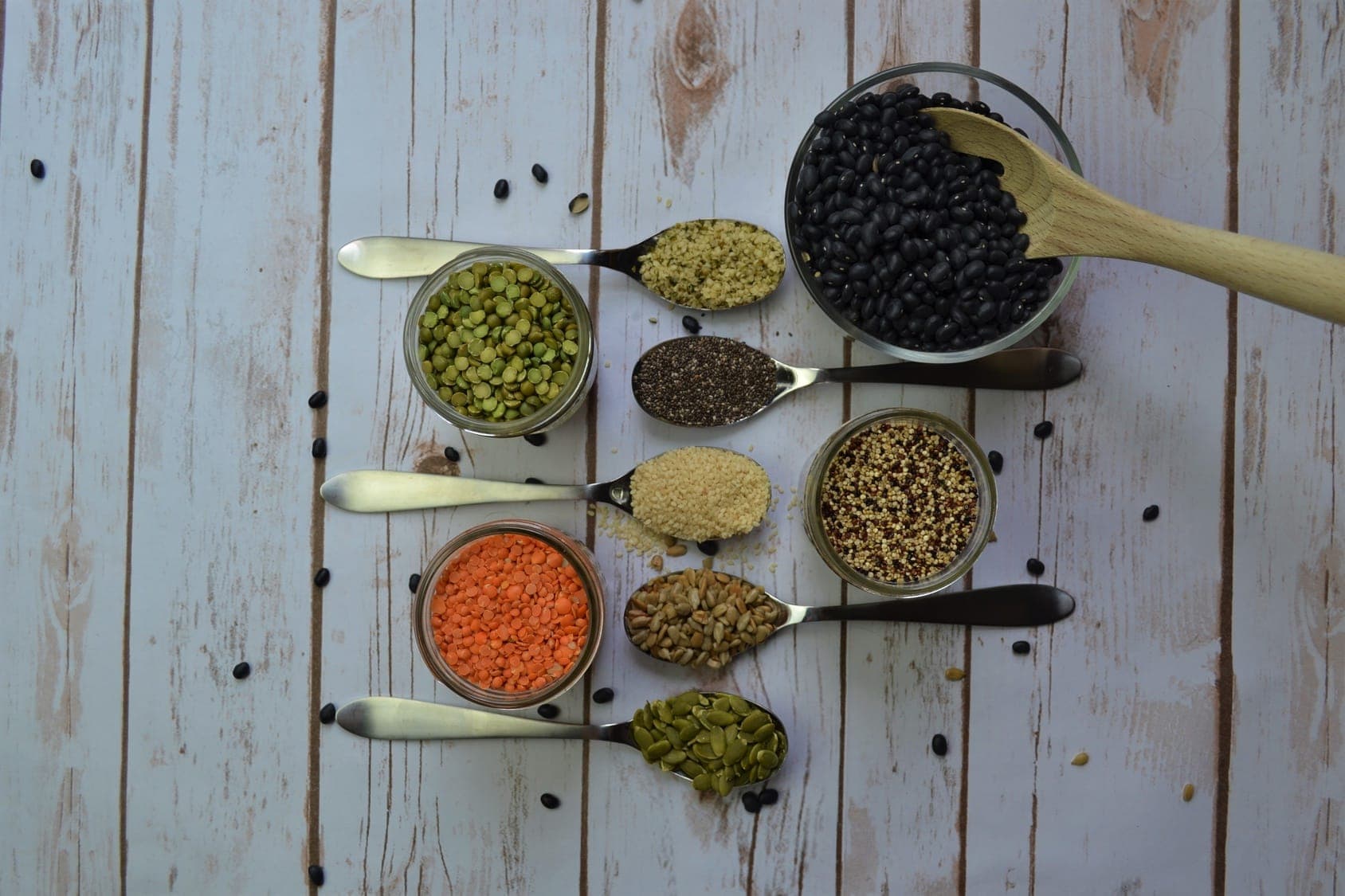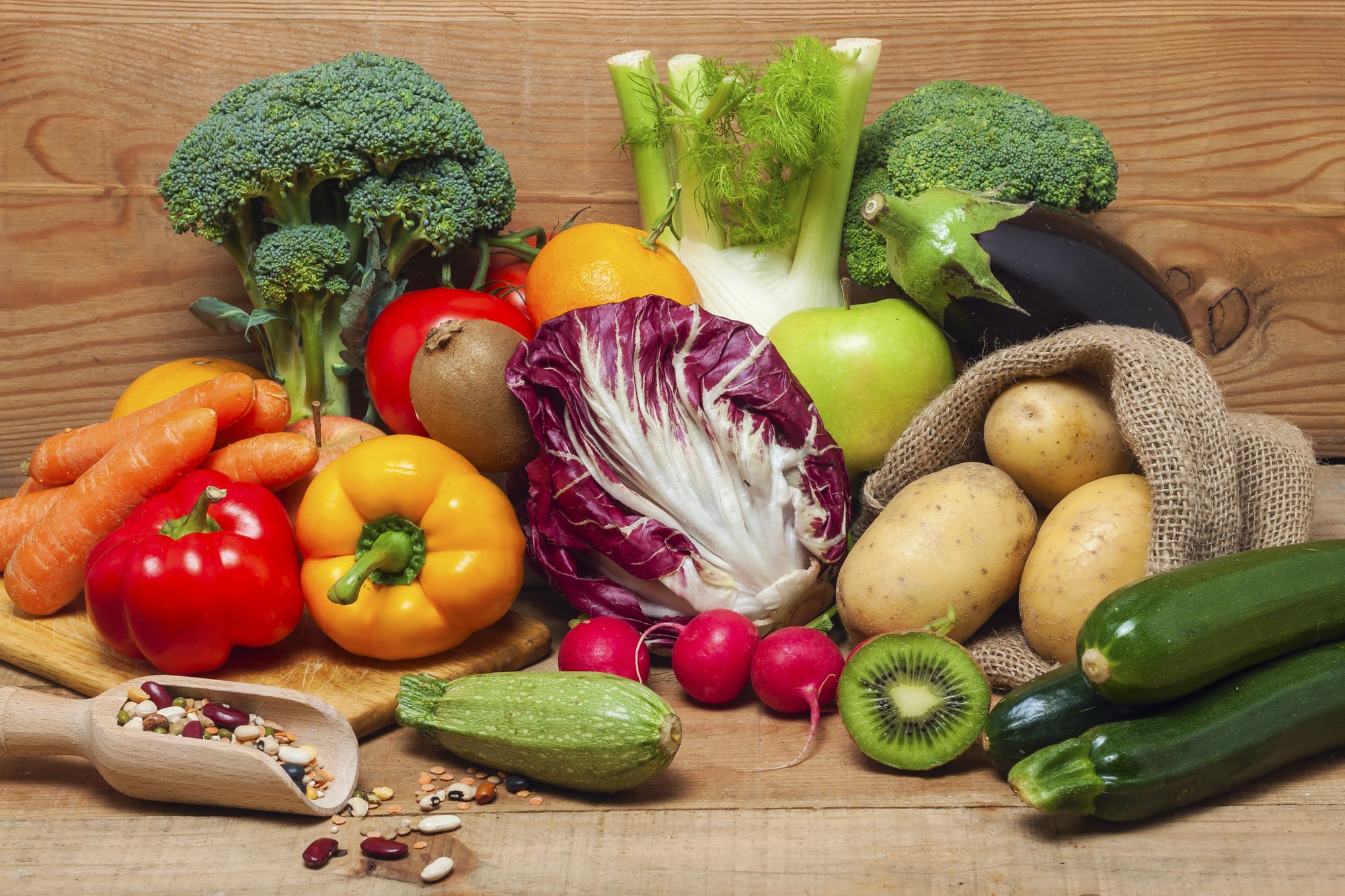
Word Count: 1595
Time to Read: 8 minutes
With the number of vegans and vegetarians in the US now numbering higher than the population of New York City, more people are curious about vegan diets. Some people choose a vegan diet to get away from fast food and fatty diets while others choose because they love animals.
But what does being vegan mean?
Being vegan means that you consume no products that are made from or produced by animals. That means no eggs, no leather, no honey, and no milk. For some people, they may even go so far as to eliminate yeast from their diet, although technically yeast is a fungus.
But beyond wondering what does being vegan mean to you, you could think about what it means for the planet. There are actually huge benefits to being vegan that help to fight climate change. Here are 9 ways that going vegan can help the planet.
1. Water Conservation
Access to clean drinking water is still a struggle for hundreds of millions of people around the planet. Even those who have access face water scarcity due to climate change or poorly managed public resource systems.
As people struggle just to have water to drink, we are giving hundreds of millions of gallons to livestock that are intended to feed us. Meanwhile, animal waste pollutes water supplies all around the world.
Livestock is a huge drain on our resources and their purpose is often outdated. What does being vegan mean to someone who never worries about access to water? It means that you care that other people have access to it too.
It takes nearly 200 times the amount of water to end up with a pound of beef compared to a pound of grain.
There are many ways to start cutting back on meat in order to help to preserve water. For some perspective, replacing a chicken at the dinner table with an equally nutritious veggie chili or bean stew saves about 1,500 gallons of water. And that’s just one meal.
2. Veganism Fights World Hunger
Around the world, countries who struggle with hunger actually have rolling fields of grains, enough to feed their entire country. But because of an unequal distribution of wealth and resources, those farmers sell that grain to US farmers to feed their livestock.
What does being vegan mean to someone without hunger concerns in the US? It means that the food that is grown in Asia and Africa can stay in those countries rather than be sent here to feed animals.
Even in the US, 70 percent of our grain feeds livestock. Meanwhile, we face our own concerns with child hunger, with kids in food-insecure homes numbering around 13 million.
While some will claim that we get lots more calories from meat than plants, a diverse diet made from an aggregate of different calories is healthier for growing kids.
3. Veganism Helps Clean Our Soil
Livestock production has led to mass deforestation around the world. As the need for meat production grows, we have needed to create more fields for livestock to graze in. However, removing trees from soil leads to erosion.
Creating these huge fields by upsetting their naturally balanced ecosystem not only weakens the soil but eliminates much-needed minerals. The nutrients that provide resilience and integrity to soil are hard to replace once acres of forest are destroyed and replaced with standard grass.
What does being vegan mean for someone who is concerned about the state of the planet? It means that we will continue to preserve rainforests and natural landscapes instead of destroying them with livestock.
4. Less Energy Is Needed
It takes a long time to raise animals. In terms of pure caloric output, the amount of food they consume could be used more efficiently. Then once animals are processed, their products need to be shipped and often refrigerated.
All of the fuel to power the machines that process animal products, keep them fresh, and ship them could be put to other uses.
Meanwhile, as most plants are grown without the need for refrigeration, they can be brought directly from the field to the market without much more than a cleaning.
What does being vegan mean to someone who bikes or takes public transit for ethical reasons? It means that they’ll also be saving fuel that’s used by the production, processing, and shipment of meats.
5. Veganism Is Great For The Air
During the process of raising livestock, lots of fuel is burned and released into the atmosphere as CO2. While there is fuel burned, for the production of grain and plant proteins, it’s about 1/10 as much. That’s 1/10 the amount of pollution put into the air.
Animal production also creates massive amounts of methane, which is 25 times more powerful than CO2 when it comes to warming the climate. All of the animal waste that is produced by livestock creates cesspools and gas that ends up in our atmosphere. Whether a farm is organic or not doesn’t make a difference.
All livestock produces high amounts of methane. Compared to all of the production of greenhouse gases from automobiles and other transportation methods, livestock are still bigger polluters than all of them combined.
What does being vegan mean to someone who cuts their carbon footprint in other ways? It means they’re not creating a massive carbon footprint on their dinner table.
6. A Vegan Diet Is Healthy
Through a vegan diet, you can get a rich and complex number of nutrients that are great for your body and your internal bacterial balance. The skin of fruits and vegetables contains essential nutrients that meats just can’t provide.
Protein can come from any number of plant sources. Beans, nuts, peas, and complex grains like quinoa all contain protein levels as high as meat. If anyone tries to tell you differently, they just haven’t looked at the facts.
The American Cancer Society has co-signed a report from the World Health Organization staying that processed meat leads to illness and cancer. What does being vegan mean to families with a high risk of cancer in their lineage? It means better health for everyone, longer life, and avoiding unnecessary risks that could lead to cancer.
This doesn’t mean that every vegan food is healthy. There are lots of tasty, processed meat alternative products. While these might be a treat every once in a while, they’re by no means the foundation of a healthy diet.
There are many vegans who still consume sugar creme cookies because their processed ingredients contain no animal products. While this might be a nice idea, it’s not a great way to support veganism.
Eating a fresher, more nutrient-rich diet will not only feel better but will be better for the earth.
7. You’ll Discover New Tastes
While some will claim that going vegan means that you’ll have to hang up your love for tasting food, it’s simply untrue. Going vegan means that you’ll be able to open up your life to a million new taste combinations, flavors, and spices.
Let’s be honest: most of the meat that people consume is only flavored a handful of ways. Meanwhile, veganism could open you up to a whole new cultural education of spices and flavor profiles.
Some vegetables have rich and complex flavors. Outside of the typical fruits and nuts which are delicious to just about anyone, there are likely vegetables you’ve never tried. You could show off your skills by bringing your dishes to parties or work lunches.
Have you ever had celeriac au gratin? You haven’t lived until you’ve had a great root vegetable comfort dish like this one.
This exploration will also allow you to try out spices that you’d never tried before. You can be bold and adventurous. Vegetables are often cheaper than meats, so you’ll be able to take risks without worrying about the cost.
What does being vegan mean to someone who considers themselves a foodie? It means you’ll trade in your learner’s permit for a pilot’s license to try all kinds of wild combinations from all over the world.
8. It’s Much More Ethical
If you’ve ever had a pet, you know that animals have thoughts and feelings. They’re smart and deserve dignity that most forms of farming don’t offer them.
You’ve probably seen the videos and images. Often factory farms don’t just slaughter animals when they’re ready to eat. They make them suffer or modify their bodies so that they can become meat more efficiently.
While some farmers are becoming more ethical, there aren’t many international laws protecting animals, even those intended to be eaten. Most meat is produced under terrible conditions that most people can’t bear to look at.
Whether or not you decide to become vegan or vegetarian, a conscious decision to cut back could help put a dent in this industry.
What does being vegan mean to someone who cares about the ethical treatment of animals? It means that there is nothing they’ll consume or wear that can make them feel guilty for the animals who suffered to produce it.
What Does Being Vegan Mean To You?
If you’re still deciding how to transition to veganism, you should know that you’re not alone. Ask around your friends and coworkers and you’ll find more people who are interested in the health and ethical benefits of veganism.
If you’re ready to start making the transition to becoming vegan, check out these 10 things you should know before becoming vegan.

